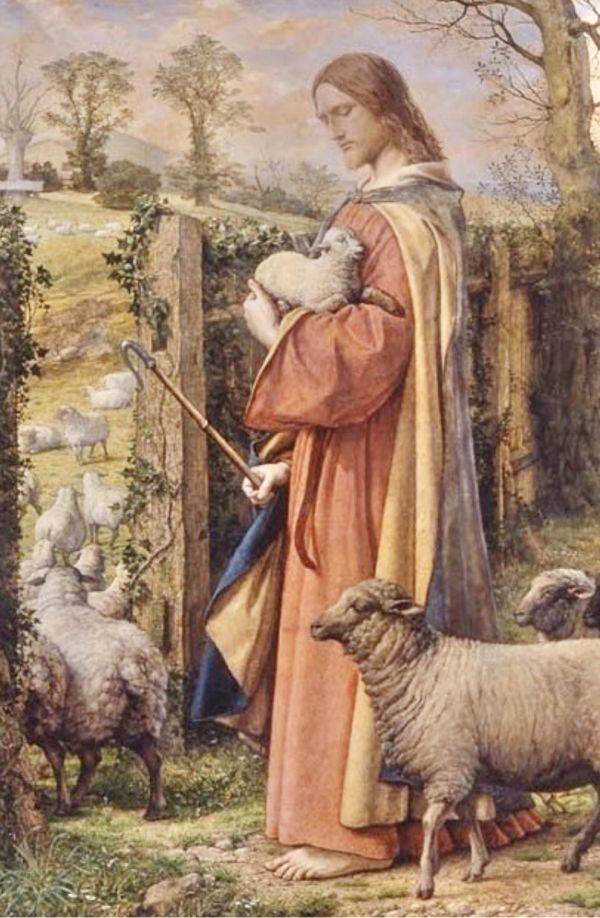Complete vs Perfect
(Jn 10:22-30)
In the so-called ‘Book of Signs’ of the Fourth Gospel (Jn.1-12), a progressive revelation of the divine Mystery that envelops the Person of Jesus takes place.
As such an unveiling becomes more precise, both adherence and misunderstanding grow around his figure, even of his neighbours - to the extent that He departs from traditional expectations of the Messiah as a glorious leader and executioner.
Thus, in our vocational experience we have often realized that full existence and paths of indestructible quality (vv.28-29) are not subject to immediately satisfying demands of the common mentality.
The Life of the Eternal (v.28) reveals itself as a goad: not to mortify intentions, but to set us on paths of growth.
The Gospel is not confirmation of tastes, of preferences and convictions.
And Jn 10:22-24 applies this criterion blatantly - in the blow by blow friction with the chiefs of conformist religiosity: contradicting the mentality of the experts.
Religious rule developed the idea that the Torah could cleanse the mind of errors, and the inclination of impurities - in order to chisel out a people pleasing to God.
In this way, the authorities felt no need to search for the Mystery of God.
The top of the class wanted Jesus to define himself so that they could judge him according to the fundamentalist criteria that permeated their teaching and common mentality.
The Master, on the other hand, did not place himself in established ideas, into a fixed framework; He was not stuck on a wavelength.
Christ is a fraternal presence for us, not a “ratifier”.
Jesus, the authentic guide, was a «friend of publicans and sinners» in the sense that he taught to broaden the harmony of creaturely being.
The new Rabbi did not want to sterilize emotions or situations.
The inner world and anxieties were not to be silenced at all, but rather encountered and known.
To enter into the life of Faith and become liberators of others, one must be emancipated and tirelessly available, able to shake convictions - starting with oneself.
In short, for those who considered themselves already arrived and masters of the situation, the “new” one always had to present authorizations, credentials, permits - or he would not have the right to speak and act.
Instead, the Lord calls for confidence, unfiltered conversation, collaboration: a propitious climate that allows the Father to reveal himself.
And beyond words, which indeed can always be misunderstood, it is the works of life alone that are eloquent language (v.25).
But it is the soul that does not want to believe: a feeling of those who do not belong to Him (v.26).
The problem is the calibrated eye, or openness. Only the perception of the unsteady is free of affected ballast.
Being One (v.30) has motivated Christ, and still today guides the lesser family members to feel adequate, on an equal footing; He leads them to the Face to face.
Not to disciplinary obedience, but to prophetic likeness.
[Tuesday 4th wk. in Easter, May 13, 2025]












